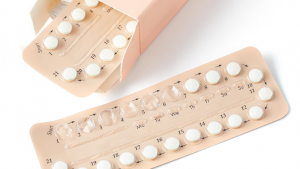Earthquake risk perception: A picture is worth a thousand stats
UBC psychologists, seismic engineers, and a visual artist tested if an image would be more effective than statistics in helping people appreciate the risk posed by a major earthquake.
Large-scale analysis of mutant worms reveals functions of Autism Spectrum Disorder risk genes
New research has revealed shared roles for many of these ASD risk genes in promoting normal developmental timing and proper habituation.
Gamblers under the influence of alcohol place higher bets after losses
A new study from the Centre for Gambling Research at UBC examined the effects of alcohol on irrational decisions.
Can positive experiences help buffer the long-term health impacts of stress?
Starting a new study, Dr. Nancy Sin spoke to the Faculty of Arts about what her research involves and what impact she hopes to have.
UBC study finds siblings of problem gamblers also impulsive, prone to risk-taking
The study is the first to investigate vulnerabilities to gambling disorder by looking at siblings.
How to make carbon pricing more palatable to air travellers
Travellers are willing to pay a little more for flights if they know the extra money will be used to address carbon emissions, new research shows.
Climate explained: Why are climate change skeptics often right-wing conservatives?
UBC Psychology researchers on why climate change skeptics are often right-wing conservatives and what is driving the partisan divide.
Finding data fun: Q&A with Dr. Jason Rights
Dr. Jason Rights joined the department as Assistant Professor in the Quantitative Methods area on July 1.
Taking the pill as a teenager may have long-lasting effect on depression risk
Dr. Christine Anderl and Dr. Frances Chen write about their latest research in the Conversation Canada.
Teen birth control use linked to depression risk in adulthood
Women who used oral contraceptives during adolescence are more likely to develop depression as adults, suggests new research from UBC Psychology.









